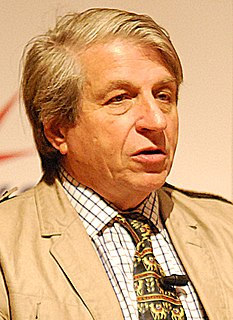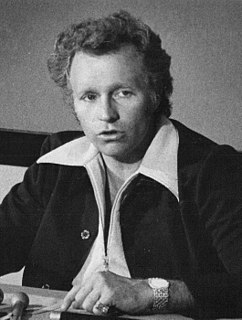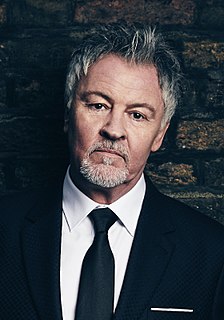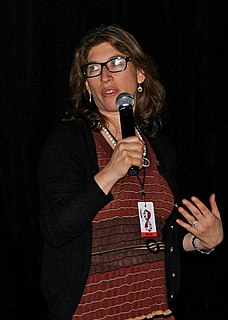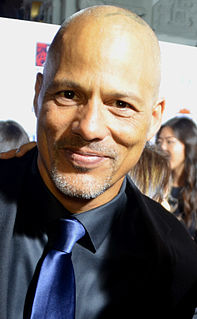A Quote by Benjamin Barber
McWorld is a product of popular culture driven by expansionist commerce. Its template is American, its form style. Its goods are as much images as matériel, an aesthetic as well as a product line. It is about culture as commodity, apparel as ideology. Its symbols are Harley-Davidson motorcycles and Cadillac motorcars hoisted from the roadways, where they once represented a mode of transportation, to the marquees of global market cafés like Harley-Davidson's and the Hard Rock where they become icons of lifestyle.
Related Quotes
Motorcycle manufacturer Harley-Davidson is a prime example of an American company that uses employment conditions to boost productivity. Current CEO James Ziemer - who started with the company while in high school has negotiated imaginative contracts with the unions representing Harley's workers, agreeing to keep production in the U.S. in exchange for constantly reducing total labor costs through automating tasks and changing work rules. Because Harley regularly reassigns workers whose tasks have been automated to other parts of the company.
I'm also looking for the psychological elements that fuel commodity culture. For example, if we imbue girls with deep insecurity about their bodies through images of an impossible ideal, we create a really vulnerable and avid consumer. If somebody feels that they're not OK without a certain product, you have a very deep and loyal market that will come back to the product again and again. Sometimes, this process is both rational and irrational.
